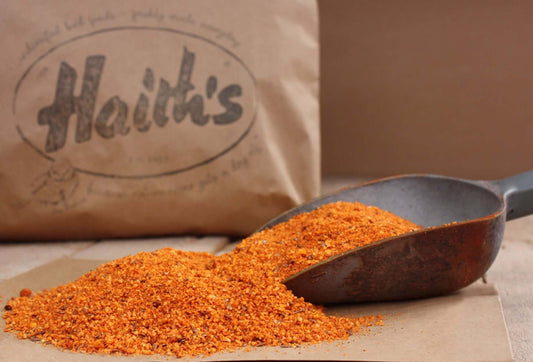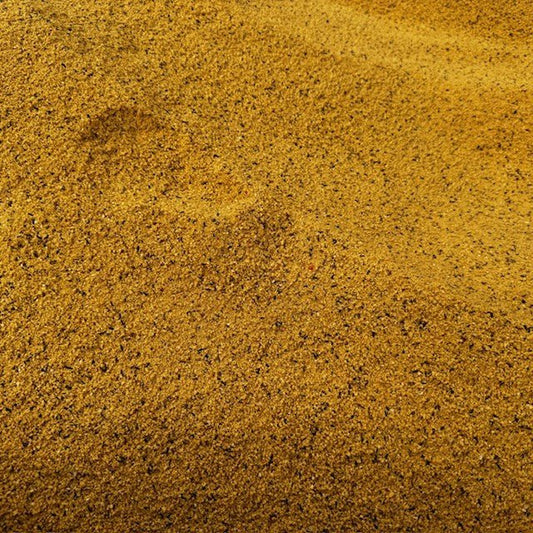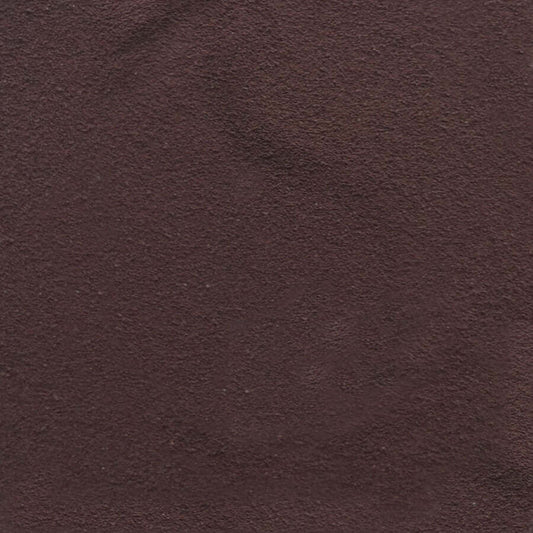Guide to Colouring Canaries: Tips, Techniques, and the Best Products
Canaries are a stunning and vibrant addition to any bird lover's home. Known for their cheerful songs and beautiful plumage, these little birds come in a variety of colours, including yellow, red, and orange. If you’re a canary owner looking to enhance your bird's natural colours, or you're interested in breeding canaries with specific colour traits,
you've come to the right place.
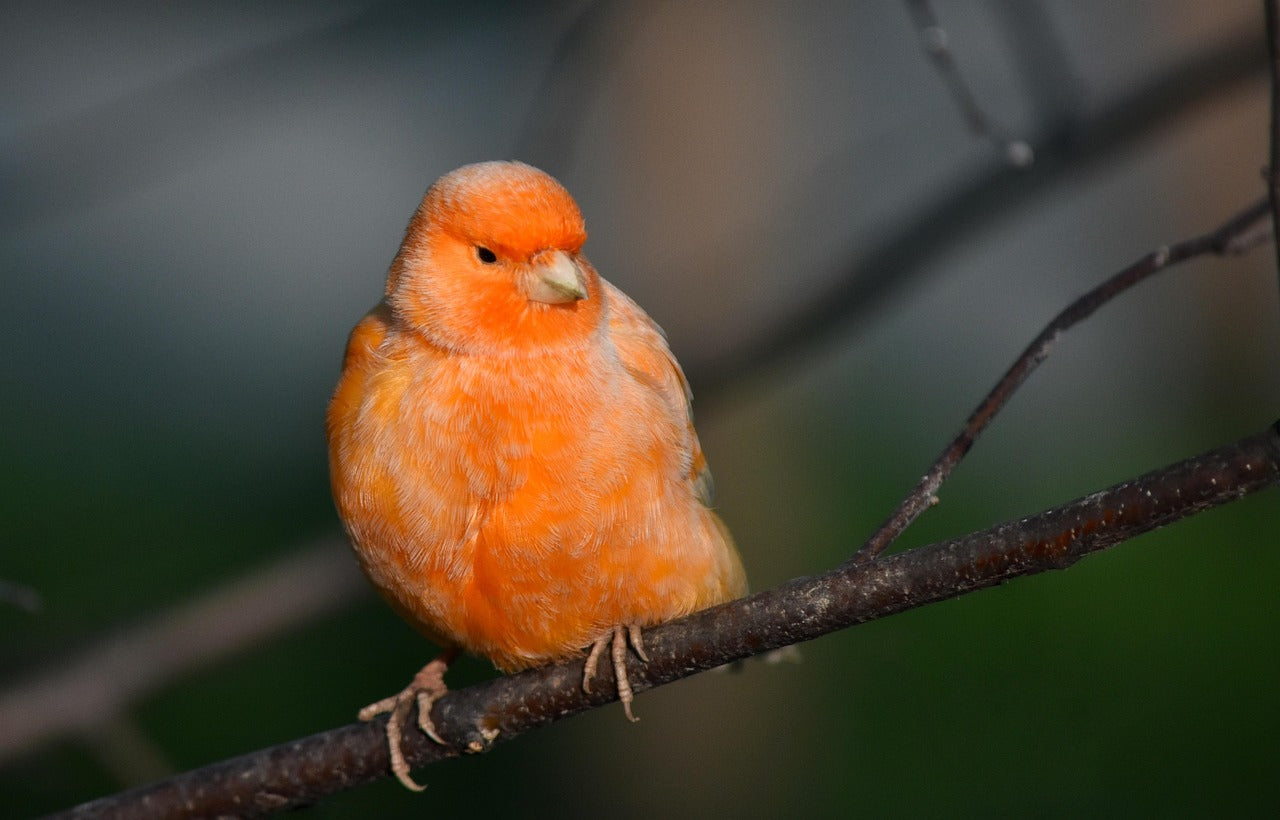
In this guide, we’ll answer common questions about canary colouring, including when to start, how to change their colour, and how to maintain a healthy red factor canary. We’ll also introduce Haith's colour foods, which are a fantastic way to help you achieve the bright and beautiful plumage you desire.
When Should You Start Colouring Your Canaries?
If you're planning to enhance or change your canary's colour, it’s important to know the right time to start the process. Generally, it’s best to begin introducing colour foods to your canaries when they are about 6 months old. This is when they have reached maturity and their feather development is well underway. Starting too early might not be effective, as younger canaries are still growing and developing their natural plumage.
It’s also advisable to introduce colour-enhancing foods before the moult period, as canaries shed old feathers and grow new ones. During the moult (usually in late summer or early autumn), the bird’s feathers are more receptive to colour-enhancing pigments. For the best results, aim to feed your canaries special colour foods consistently during their moult and continue after they’ve fully feathered.
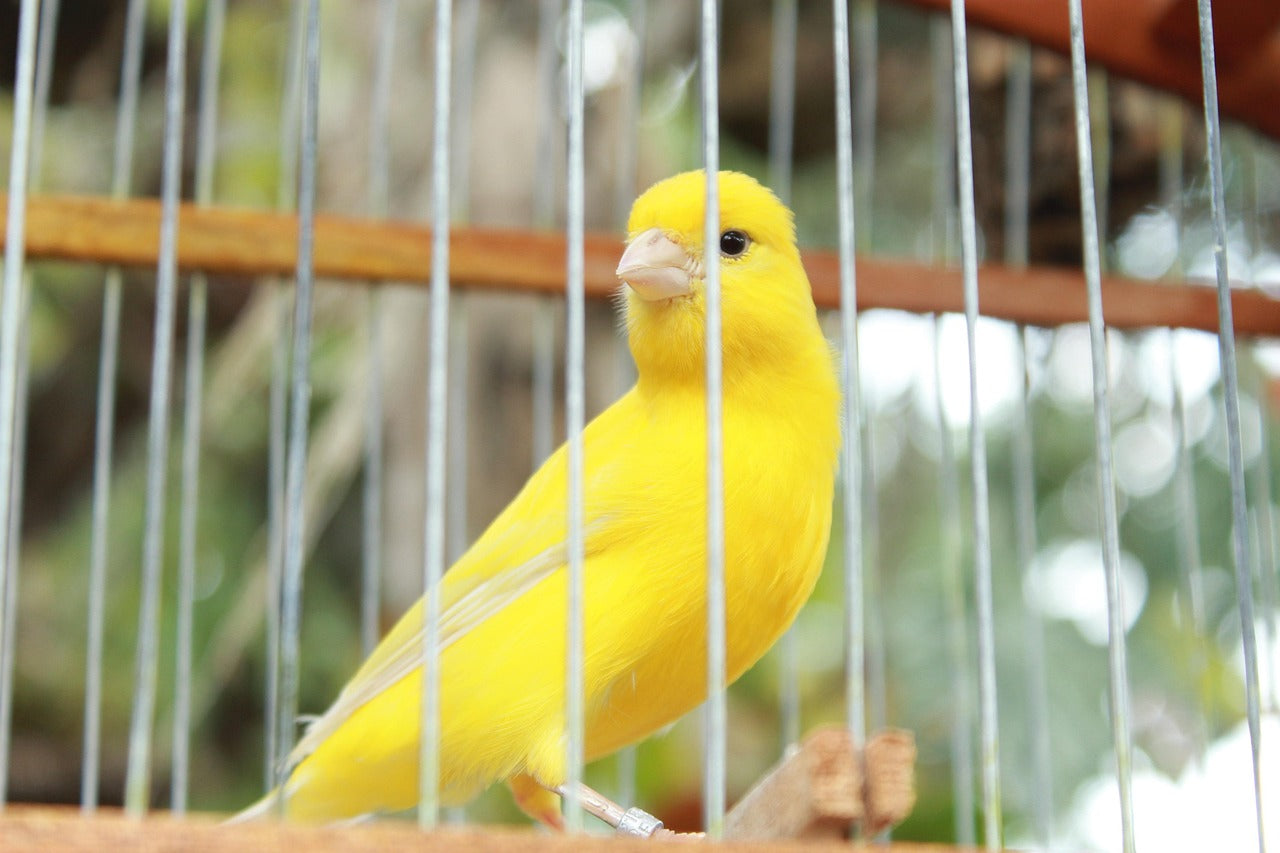
How Do You Change the Colour of a Canary?
Changing the colour of a canary involves altering its diet to include certain pigments that naturally enhance or shift their feather coloration. For canaries, this typically means adding carotenoid pigments like canthaxanthin and astaxanthin, which produce shades of red and orange.
If your canary is naturally yellow, it will need to be introduced to red or orange pigments to achieve a new colour. You can achieve this by feeding the canary special colour-enhancing foods, like Haith's Red Factor Canary Food. These foods are specifically designed to provide the right nutrients and pigments, helping to give your canary a rich, bright red or orange hue.
Here’s how you can change your canary’s colour:
-
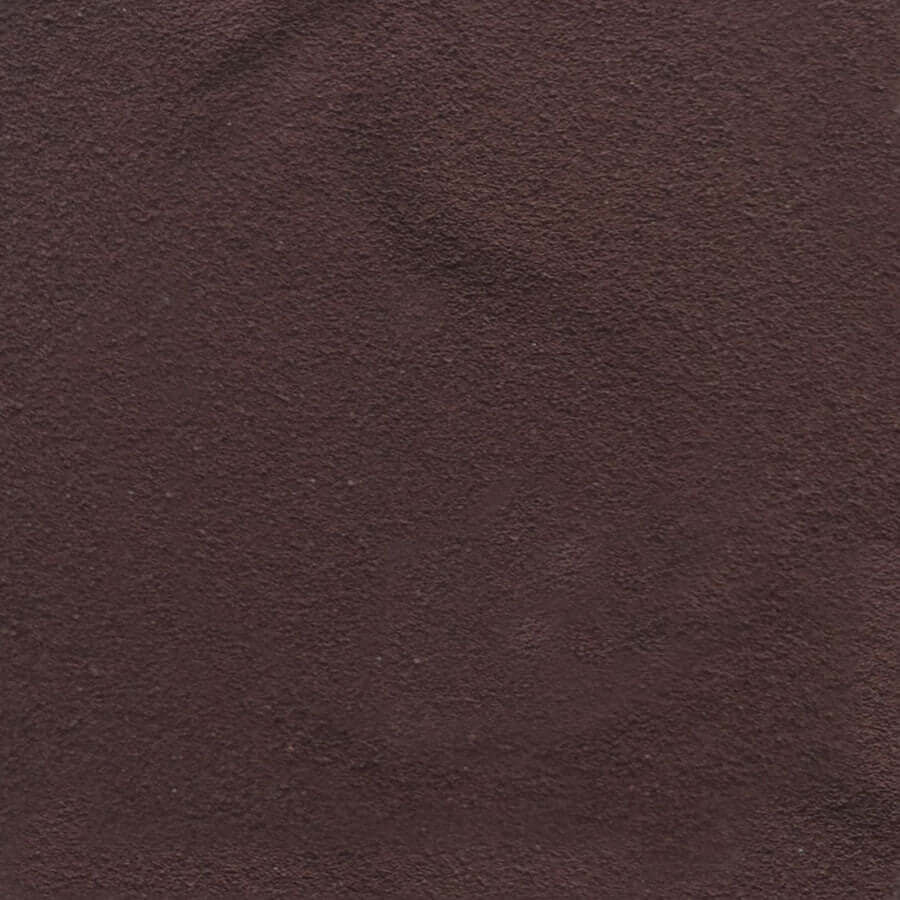
Choose a suitable colour food
Look for colour-enhancing foods that contain carotenoids such as Haith's Carophyll Red, Carophyll Orange, and Carophyll Yellow. The pigment in these foods will be absorbed by your canary and incorporated into its feathers.
-
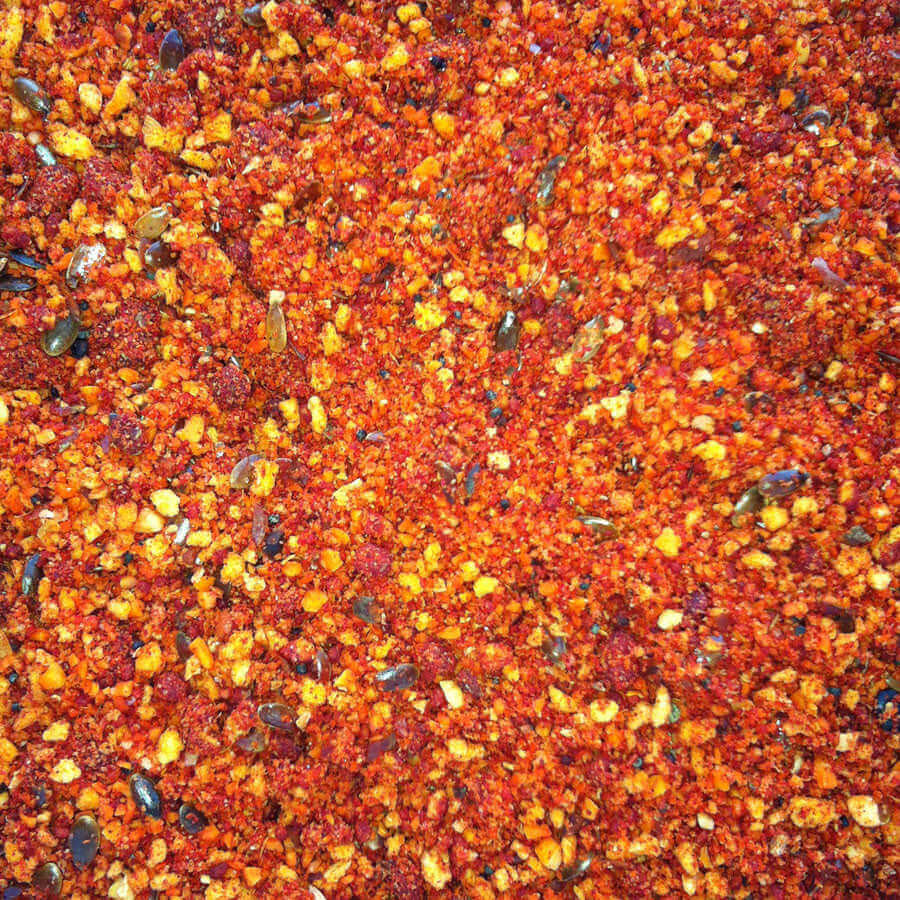
Gradually introduce the colour food
Start by offering the colour-enhancing food mixed with their regular food to prevent any sudden changes in their diet, which might upset their stomach. Gradually increase the proportion of colour food over time.
-

Be patient
Colouring a canary is a gradual process, and it can take several months before you begin to see noticeable changes. The feathers will slowly absorb the pigments, resulting in brighter colours over time.
-
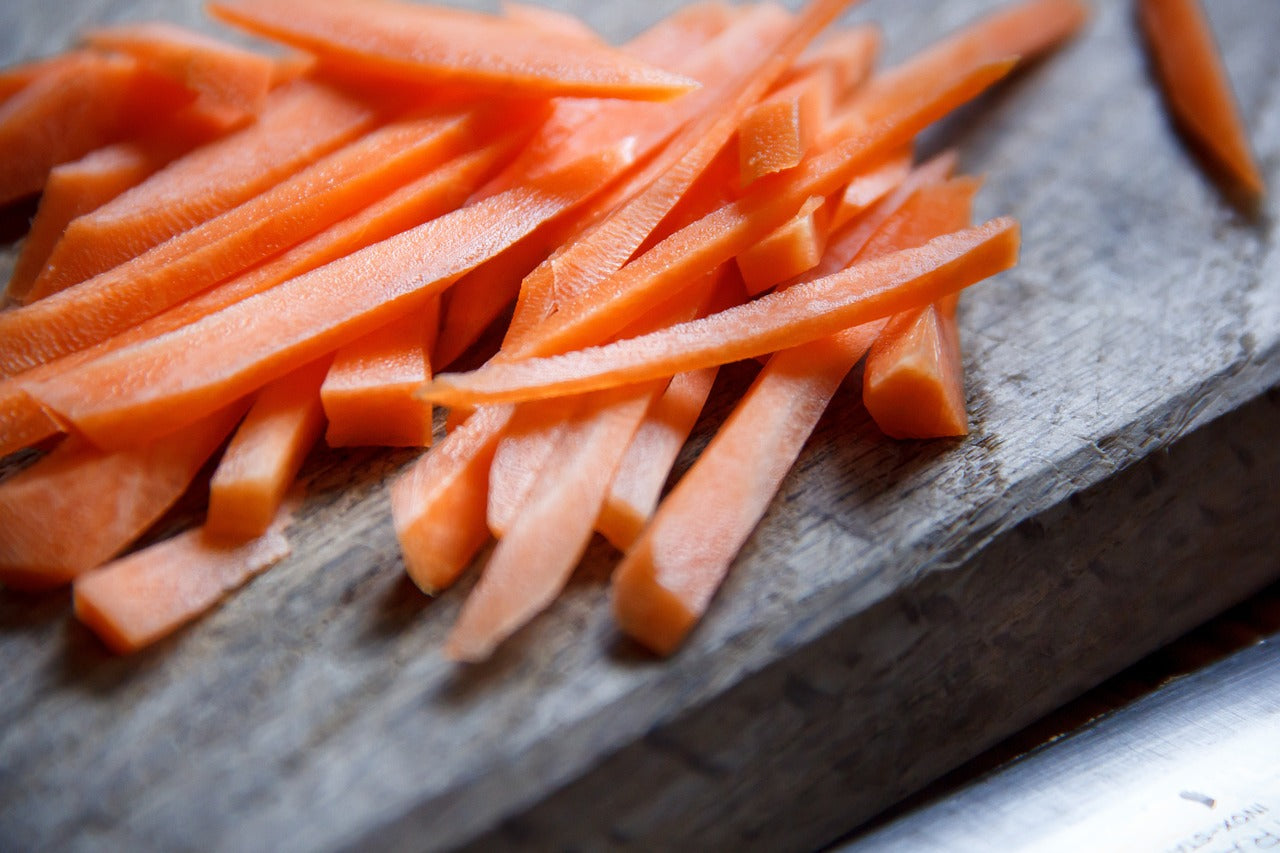
Provide a balanced diet
While colour foods are important, they should be part of a balanced diet that includes plenty of vitamins, minerals, and other nutrients to support your canary’s overall health. Don't forget to provide fresh fruits, vegetables, and clean water.
How Do You Keep a Red Factor Canary Red?
If you've managed to achieve the stunning red hue in your canary, you’ll want to maintain it. Keeping a red factor canary red requires consistent care and attention to its diet and overall well-being.
Here’s how you can ensure your red factor canary stays vibrant and colourful:
Regularly feed colour food
To keep your red factor canary red, it’s essential to continue feeding it a diet rich in the right pigments. Haith’s Carophyll Red Canary Food is an excellent option, as it contains carotenoids like canthaxanthin, which provide the pigment responsible for the bright red colour. Make sure you provide this food on a regular basis, as discontinuing it may cause the bird’s red colouring to fade over time.
Ensure proper hydration
Always provide fresh, clean water for your canary. Dehydration can have a negative impact on its health and colouring. You might also consider adding vitamin and mineral supplements to its water to support its overall health.
Avoid stress
Stress can cause a variety of health issues in canaries, including dull feathers. Make sure your canary's environment is calm and comfortable, with plenty of space to fly and explore. Reducing stress will help ensure the bird’s feathers remain vibrant and healthy.
Give it time to moult
The moult is a natural process that helps your canary renew its feathers. During this time, the bird's feathers are more likely to absorb the colour pigments. By continuing the right diet during the moult, you'll ensure the new feathers are just as vibrant as the old ones.
Provide a healthy, varied diet
While colour foods are important, your canary also needs a healthy and balanced diet to stay in peak condition. A varied diet that includes seeds, greens, and occasional treats will help your canary thrive and maintain its bright red feathers.
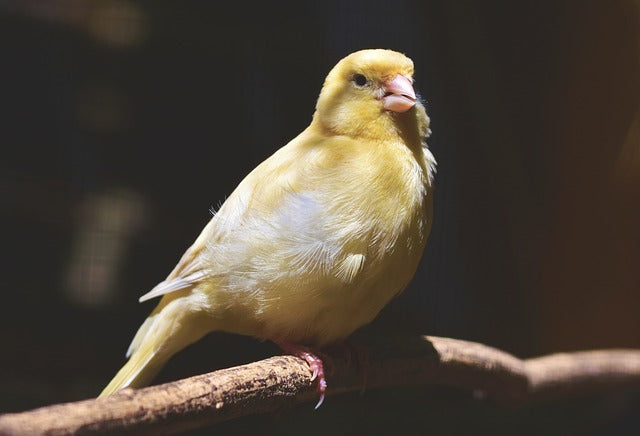
Can You Breed a Red Factor Canary with a Yellow Canary?
Yes, you can breed a red factor canary with a yellow canary, but the offspring’s colouration will depend on genetics and the proportion of red factor genes inherited. The colour of a canary is largely determined by its genetics, with the red factor being a dominant trait. This means that if you breed a red factor canary with a yellow one, the offspring will inherit some of the red factor genes and could potentially have red or orange feathers.
Here are a few key things to know about breeding these two types of canaries:
-
Possible offspring colours
When you breed a red factor canary with a yellow canary, the offspring could be a mix of both colours. Some may have a red or orange tint, while others may remain yellow. It depends on the genes that are
passed down. If both parents carry the red factor gene, it’s more likely that their offspring will inherit the red colouration. -
Selective breeding for specific colours
If you're looking to breed canaries for a specific colour (such as all red canaries), it’s best to breed two red factor canaries together. However, if you're happy with a mix of yellow and red canaries, then breeding a yellow canary with a red factor bird could give you a lovely range of colours.
-
Maintain a balanced diet
No matter what colour you’re aiming for, it’s important to provide a nutritious and varied diet to support the health and colouration of both parents and their offspring. Haith's colour foods can help enhance the plumage of your canaries and ensure vibrant feather development in the next generation.
Haith’s Colour Foods: The Best Choice for Healthy, Vibrant Canaries
When it comes to enhancing and maintaining the colour of your canary, Haith’s colour foods are an excellent option. Our range of products, including Carophyll Red, Carophyll Orange, and Carophyll Yellow, are specially formulated to provide the necessary pigments that give red, orange, and yellow canaries their stunning colours.
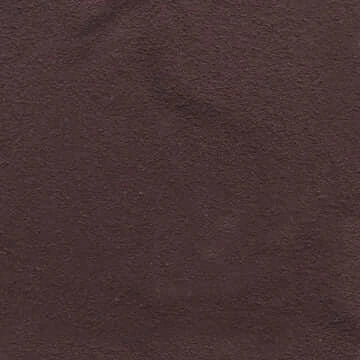
Carophyll Red
Specifically designed for red factor canaries, this food helps promote vibrant red and orange hues by providing the right carotenoid pigments.
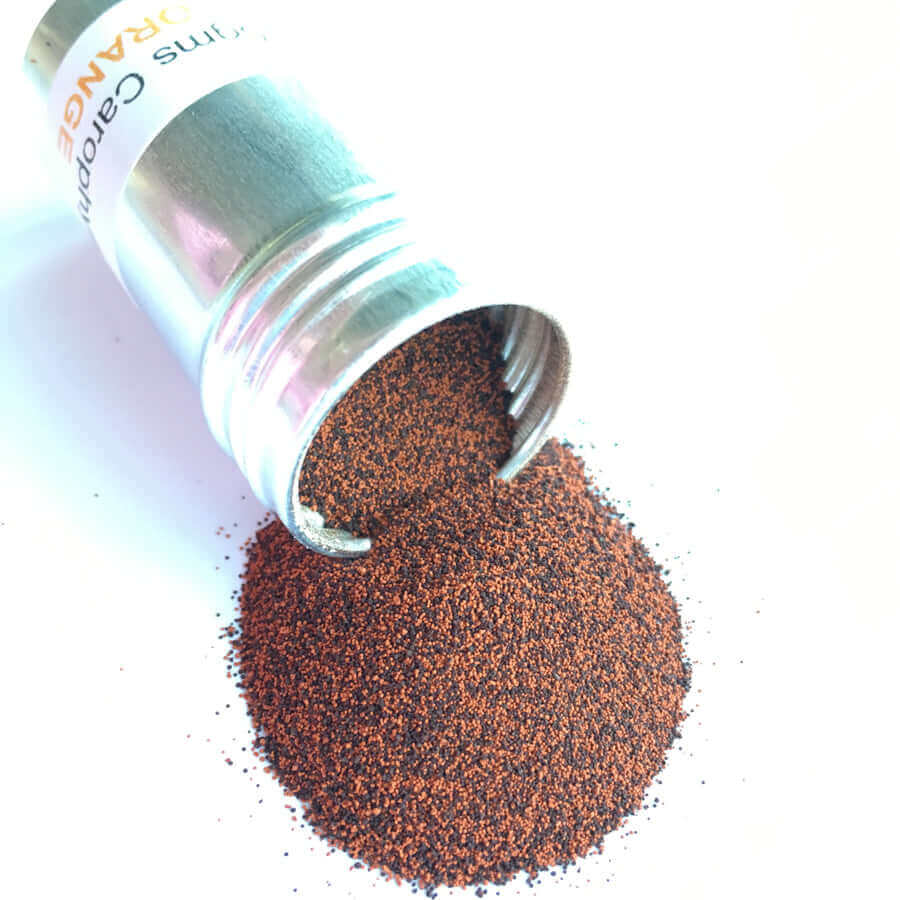
Carophyll Orange
This option is perfect for achieving a warm orange colour in canaries, ideal for those with a natural yellow hue who want to introduce an orange tint.
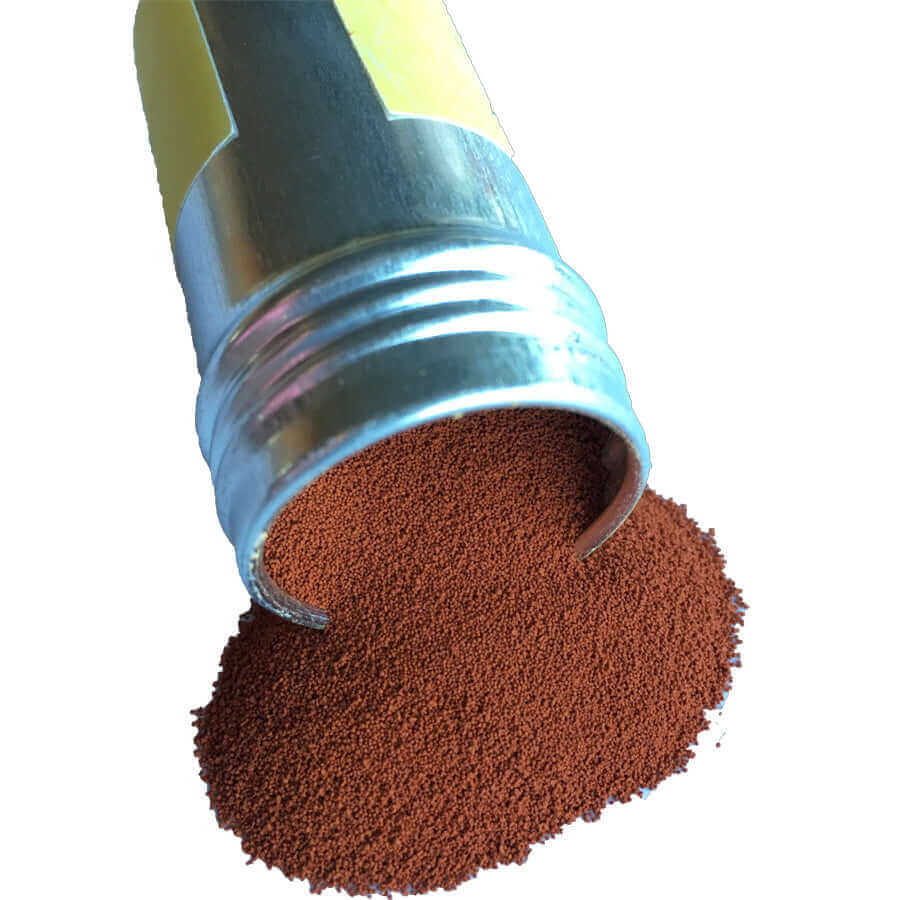
Carophyll Yellow
If you're looking to maintain or enhance a yellow canary’s natural colouring, Carophyll Yellow is a great choice. It provides the perfect balance to keep yellow birds bright and vibrant.
Shop our full colour collection here
-
Ready Mixed Colour Food™
Vendor:HAITH'S to HOME5.0 / 5.0
(7) 7 total reviews
Regular price From £4.83 GBPRegular priceUnit price / per£4.83 GBPSale price From £4.83 GBP -
Red Factor™ Canary Food for cage & aviary birds
Vendor:HAITH'S to HOME5.0 / 5.0
(2) 2 total reviews
Regular price From £6.99 GBPRegular priceUnit price / per£6.99 GBPSale price From £6.99 GBP -
Carophyll Red
Vendor:HAITH'S to HOME5.0 / 5.0
(1) 1 total reviews
Regular price From £23.09 GBPRegular priceUnit price / per -
Robin Red® (HB) Colour Food for domestic birds
Vendor:HAITH'S to HOME5.0 / 5.0
(3) 3 total reviews
Regular price From £7.19 GBPRegular priceUnit price / per£8.99 GBPSale price From £7.19 GBPSave
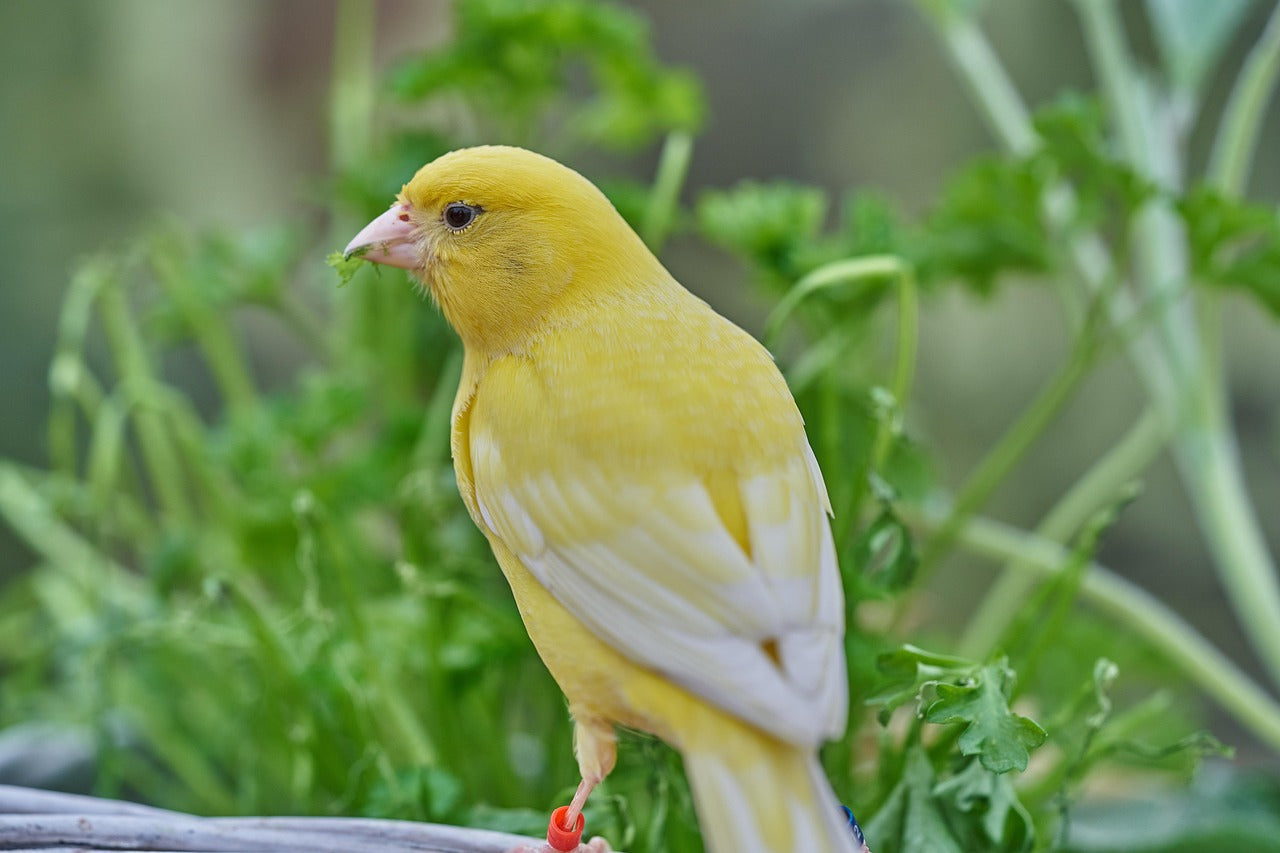
Colouring canaries can be a rewarding and enjoyable process, but it requires patience and careful attention to their diet and health. Whether you want to bring out the natural colour in your bird or you’re working with a red factor canary, providing the right foods and maintaining a balanced diet are key to achieving the best results. With Haith's colour foods, you can ensure that your canaries remain healthy, vibrant, and full of life.





